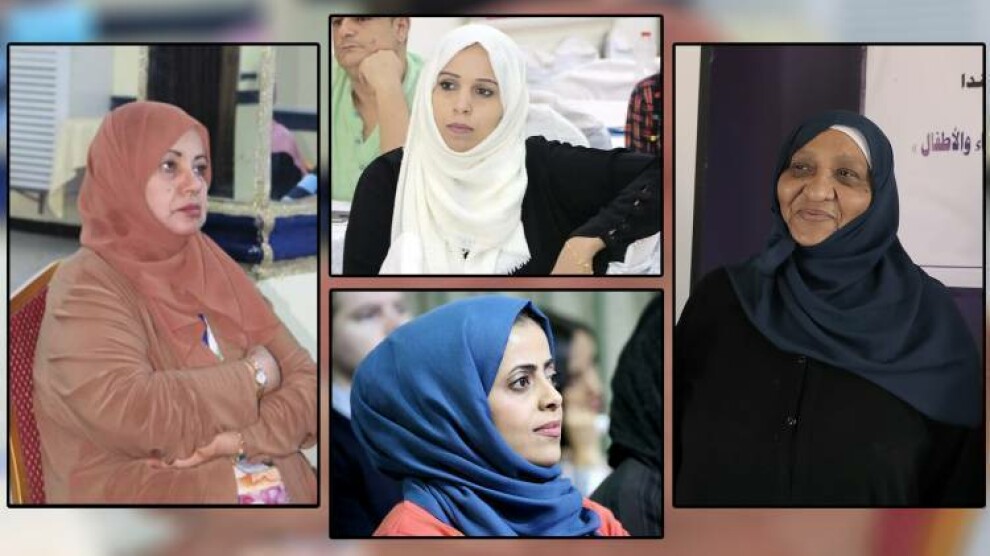Gender-based violence increases in Yemen
Yemeni women and children living in conflict regions continue to bear heavier burdens while women in other regions face mounting gender-based violence. Many NGOs, government institutions have launched many activities to raise awareness about gender-based violence to mark the 16 Days Activism campaign.

NOOR SURIB
Yemen – The seven-year-old conflict in Yemen has caused many rights violations in the country. Almost a quarter of a million people have died in Yemen's war, since the beginning of the conflict, some 112,000 people have died as a direct result of hostilities, including around 12,000 civilians, according to the Office of the United Nations High Commissioner for Human Rights (OHCHR). OHCHR also reported that at least 7,825 civilians were killed (including at least 2,138 children and 933 women) and 12,416 civilians were injured (including 2,898 children and 1,395 women) as a direct result of the armed conflict between March 2015 and June 2020. Violence against women has increased 63 percent since the conflict escalated, according to the United Nations Population Fund.
FGM is not a crime in Yemen
Dr. Angela Al-Maamari, the president of the Center of Strategic Studies to Support Women and Children drew attention to the increase in violence against women since the start of the civil war in the country. Stressing that female genital mutilation is one form of violence against women, Angela Al-Maamari said, “According to the official figures in 2013, 19 percent of women and girls in Yemen were subjected to female genital mutilation. Yemen is one of the countries that haven’t had a law criminalizing female genital mutilation.”
“Campaigns should be supported”
Laila Al-Shabibi, the executive manager of To Be Foundation for Rights and Freedoms, drew attention to the activities and actions carried out as part of the 16 Days Activism campaign. Emphasizing that awareness-raising campaigns should be supported, Laila Al-Shabibi said, “Thanks to these campaigns, women will see that they are not alone. When they understand they are not alone, they will participate in the struggle against violence.”
Brigadier Alia Saleh, the Director-General of family protection directorate of the Ministry of Interior, told us that they have worked to encourage women to report violence against them. “We have worked coordinately with NGOs to provide legal and psychological support.”
“Women should be empowered economically”
Samara Arassi, the project manager of the Yemen Women Union, told us that equality should be ensured to prevent violence against women. “We should provide psychological, physical, health, and legal support to women who are subjected to violence. Meanwhile, these women should be empowered economically. Women’s shelters have been built in some cities. There is a women’s shelter in Aden. If we empower the women, they will be able to stand on their own legs when they leave the shelter.”
